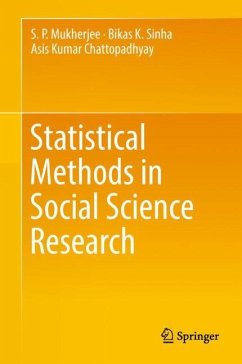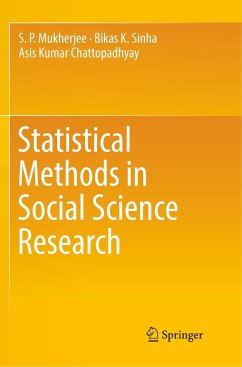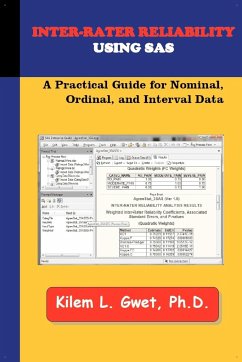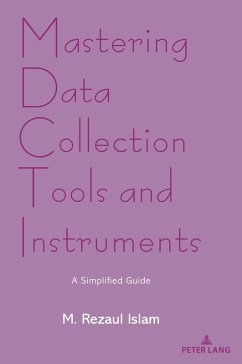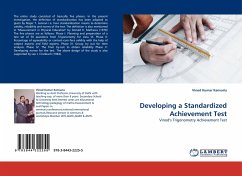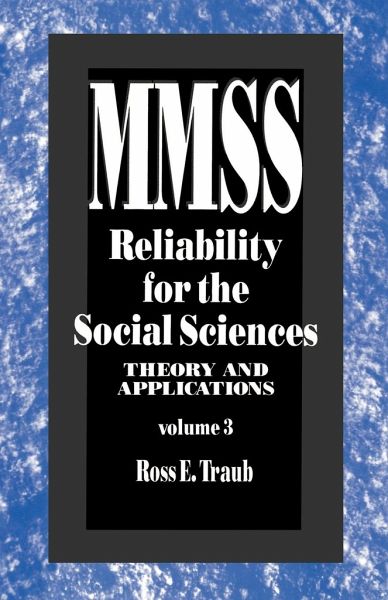
Reliability for the Social Sciences
Theory and Applications
Versandkostenfrei!
Versandfertig in 1-2 Wochen
94,99 €
inkl. MwSt.

PAYBACK Punkte
47 °P sammeln!
How can social scientists assess the reliability of the measures derived from tests and questionnaires? Through an illustrative review of the principles of classical reliability theory, Ross E Traub explores some general strategies for improving measurement procedures. Beginning with a presentation of random variables and the expected value of a random variable, the book covers such topics as: the definition of reliability as a coefficient and possible uses of a coefficient; the notion of parallel tests so as to make possible the estimation of a reliability coefficient for a set of measurement...
How can social scientists assess the reliability of the measures derived from tests and questionnaires? Through an illustrative review of the principles of classical reliability theory, Ross E Traub explores some general strategies for improving measurement procedures. Beginning with a presentation of random variables and the expected value of a random variable, the book covers such topics as: the definition of reliability as a coefficient and possible uses of a coefficient; the notion of parallel tests so as to make possible the estimation of a reliability coefficient for a set of measurements; what to do when parallel tests are not available; what factors affect the reliability coefficient; and how to estimate the standard error of measurement. Aimed at giving readers a nontechnical treatment of classical reliability theory, the book also includes end of chapter exercises as well as boxes that give more in-depth coverage of major topics or that provide algebraic proofs.





